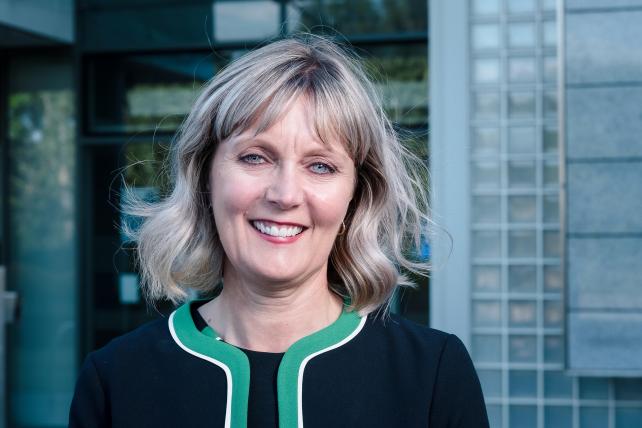I am the Association of Police and Crime Commissioners’ Joint National Lead for Addiction and Substance Misuse, and have been at the forefront of national work to tackle the harm of problem gambling, pushing hard for tougher regulation to prevent vulnerable people turning to crime to fund their addiction. Significant work is underway locally and the Durham force is soon to become the first in the country to sign up to the Gambling Charter, addressing gambling-related harms at a workplace level and setting the example for other justice agencies to follow.
With the Government’s much-anticipated White Paper on gambling soon to be announced, further change is on the way. Twenty years ago, when laws were drafted, internet gambling was only then emerging. Online gambling now accounts for 40 per cent of the UK market’s gross gambling yield – amounting to some £5.7bn in 2019-20. The world is a very different place with smartphone gamblers ‘just a click away’ from high-stakes betting and a shift towards gambling companies advertising online and social media – often to a younger audience.
I have been calling for restrictions to safeguard children for some time, particularly against highly-addictive gambling products such as ‘loot boxes’ that many children and parents don’t associate with gambling. The need for a drastic overhaul is long overdue.
The Government, we are told, is actively considering the introduction of a statutory gambling levy to fund improved treatment for those affected by problem gambling. This is something I strongly support and have written to ministers to endorse. Like alcohol and drugs, gambling can be highly addictive and dangerous with people resorting to crime to feed their addictions. The UK’s most deprived areas are home to over 10 times the number of betting shops as the country’s wealthiest postcode areas. Gambling itself is increasingly linked to serious organised crime including money laundering as well as violent crimes including domestic abuse and child neglect.
The gambling industry must take responsibility in dealing with the social consequences of problem gambling. This includes returning money to victims of theft, which can amount to millions of pounds. Regrettably, many businesses do not report such losses to police. This means gambling companies, who are already acting irresponsibly by allowing gamblers to place bets with the proceeds of crime, get to retain these profits – something I am determined to change.
I have been urging businesses locally who have previously dismissed people found to have used company funds inappropriately to report the crime to police so we can take reparative action.
Just last week, William Hill was hit with a record £19.2m penalty by the Gambling Commission for “widespread and alarming” social responsibility and money laundering failures.
Unprecedented action by the Commission over the past two years does appear to be improving compliance but much more is needed. I’ve been speaking to a problem gambler who stole more than a million pounds from his employer and the betting company concerned has still to return the £120,000 to the company concerned.
In the future, I want to ensure the odds are firmly stacked in the victim’s favour with gambling companies made to return the stolen money. This could be the catalyst to ensuring they act with greater responsibility. I’m also determined to make sure we intervene early to support those with a serious gambling disorder before they turn to crime.

Joy Allen is the Durham Police & Crime Commissioner
